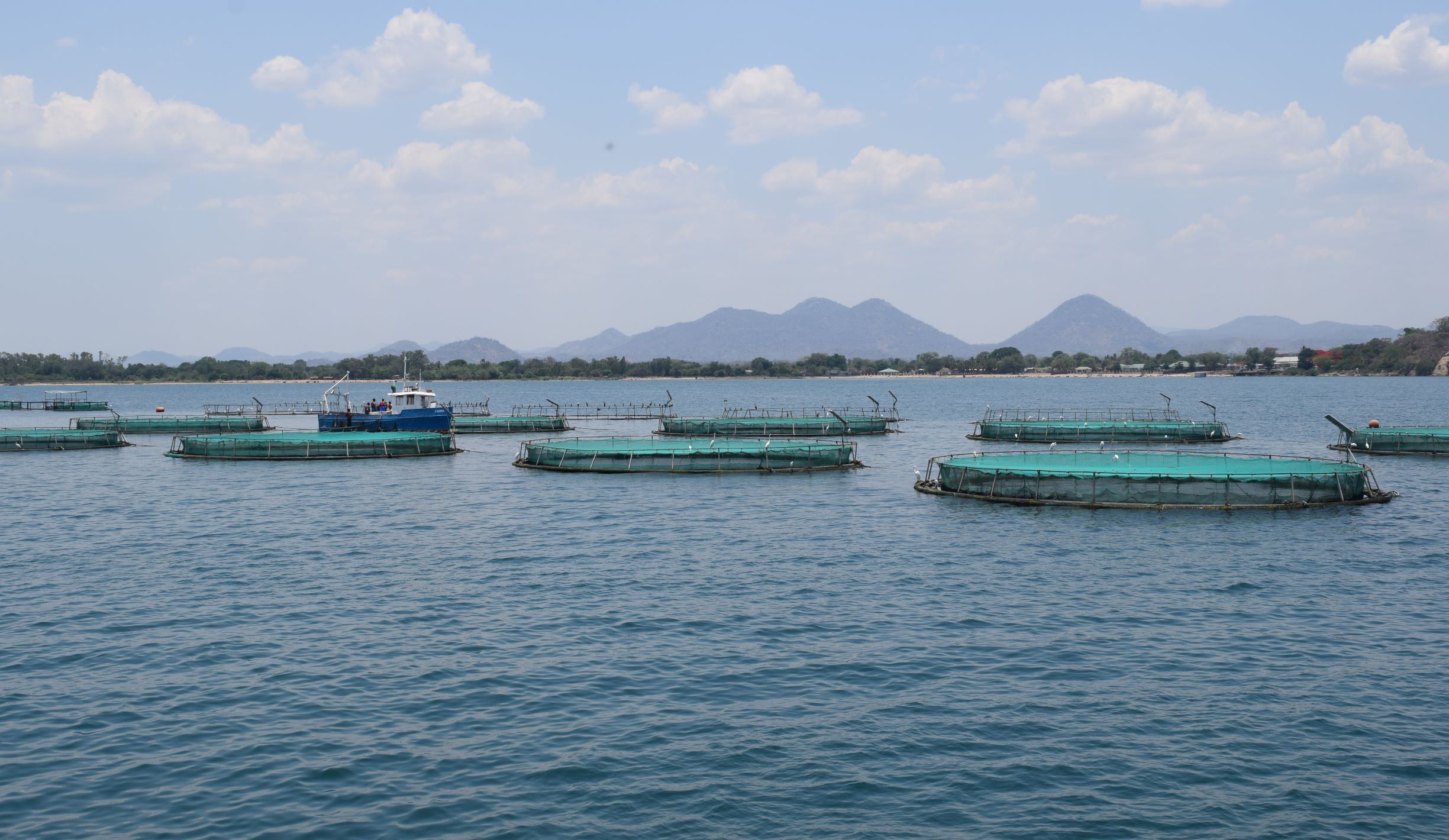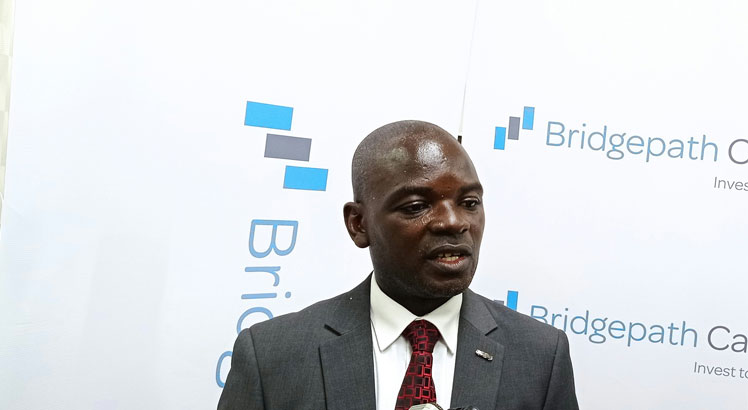Government under fire over land reforms
Malawi Government has come under fire for signing the New Alliance Policy Commitment which favours big business to the detriment of small farmers.
The landmark initiative aims to boost agriculture and relieve poverty, but in other countries it has created a new form of colonialism as African governments are required to change seed, land and tax laws to favour private investors over small farmers.

In a report analysing the implementation of the initiative, land-related local civil society organisations (CSOs) led by Action Aid Malawi want the Malawi Government to reverse its commitment “to release 200 000 hectares of large-scale commercial agriculture land by 2015.”
During the presentation of the report on Saturday, Action Aid Malawi executive director Martha Khonje said: “This commitment perpetuates poverty of the already poor as it is further increasing the risk of rural communities losing their access to and control over land to large investors.
It also deepens the role of corporate agribusiness in African agriculture to the detriment of the continents’ small-scale producers.
“Imagine, Malawi has committed to release 200 000 hectares of large scale commercial agriculture land by the end of this year yet we say
11 percent of the population has no access to land for subsistence farming.
Where will that vast land come from?”
The report also highlights the new risk of land grabs as evidence from
Malawi, Senegal, Nigeria and Tanzania where these countries are collectively offering 1.8 million hectares to large scale investors.
“The New Alliance claims that though these policy commitments, government are making headway on some of the most longstanding constraints to agricultural investment and food security. However, some large companies involved in the initiative are already accused of taking part in land grabs in some countries.
“In Malawi, the Green Belt Initiative which is part of the New Alliance is offering one million hectares to local and international investors along Lake Malawi and the banks of Shire River.”
On his part, Joseph Gausi of Land Net also challenged government to reverse its decision despite already appending a signature agreeing collectively to 213 commitments covering a range of agriculture and food security issues.
He said: “It is unfair that government is putting in policies to acquire huge chunks of land yet we have enough bad experiences with the Green Belt
“Initiative where people in Chikwawa, for example, have been displaced with no alternative choice.”
Minister of Lands, Housing and Urban Development Paul Chibingu said the issue will be reviewed to map the way forward.
Said the minister: “Honestly, this is the first time I am hearing [about] this. Give me time to find out from officials within the ministry.
“But I must say, this is a question of listening to what people want. If Malawians are against it, why should we force it? We need to see what made us to sign for that in the first place.”
The initiative, part of the Group of Eight (G8) richest countries’ main strategy of supporting agriculture in Africa, was launched in 2008.
Its main goal is to achieve sustained, inclusive agriculture-led growth on the continent and help lift 50 million people out of poverty by 2022.





